Why Do Dogs Smell?
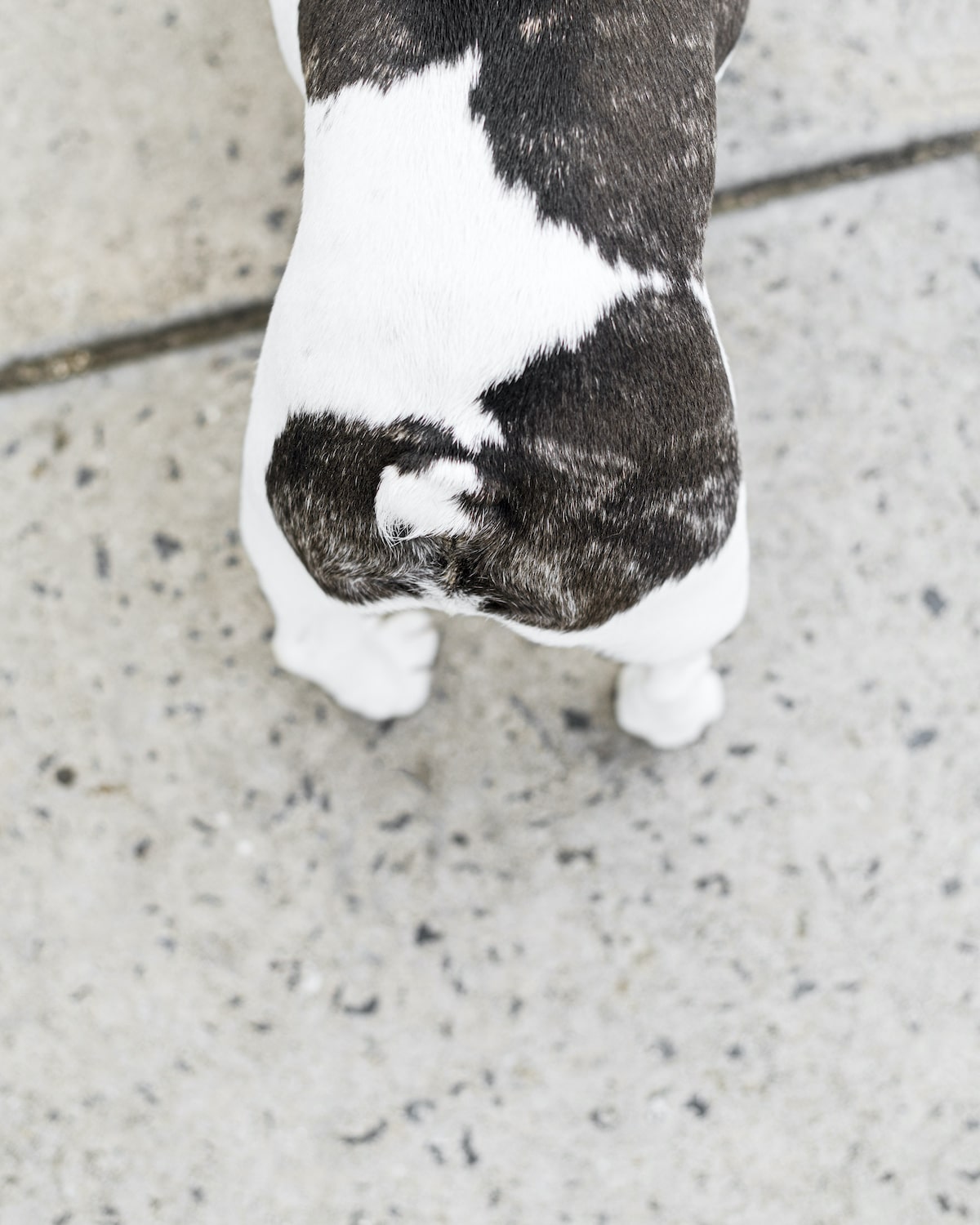
Let’s get one thing straight: we only think dogs stink because they don’t smell like flowers, and soap, and other things that humans enjoy. However, your dog probably thinks it smells fantastic.
Some people might love a dog’s smell, while others find it a bit gross. Whether putrid or perfumed, dogs omit odours from the glands in their ears, the oil in their skin and their hair follicles. It’s easy to keep all these different smells from becoming too much with regular bathing and grooming, but sometimes there’s something else going on that can make your pooch stinkier than normal.
Skin infections
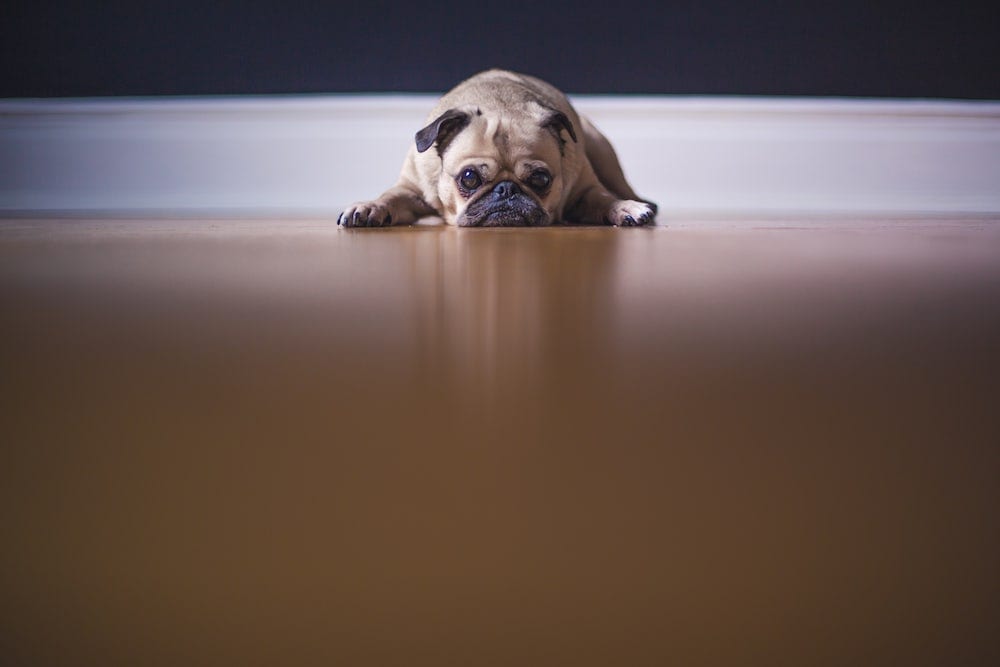
A smelly coat is often the first sign of an ominous skin infection, and it can be quickly followed by itching, hair loss, irritation, flaking skin or redness.
It’s important to get a vet to check out your dog if you notice a skin infection, as your pup may require medication. It’s also worth switching to a gentle and natural shampoo that can immediately provide some relief to your poor, itchy pup. Houndztooth recommends Coco’s Blend No. 4 Dog Rescue and Relief Spray to soothe sore skin, along with Stella’s Blend No. 2 or Charlie’s Blend No. 3 Conditioning and Deodoriser Spray, which are both low-irritant and contain oatmeal and essential oils to enrich and condition the skin.
If your dog has extra skin folds, wash and cleanse the folds regularly to keep them clean and infection-free.
Stella or Charlie’s Blend both contain oatmeal and essential oils to assist with soothing uncomfortable skin conditions.
Wet dog
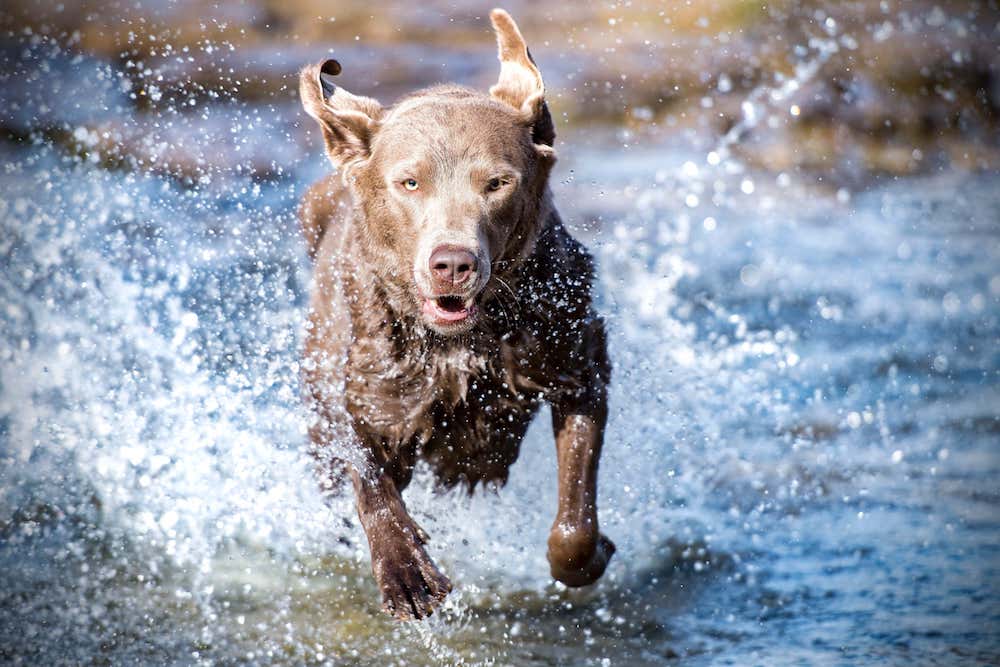
Your dog’s fur is covered in tiny microorganisms that react with water to release smelly compounds. When the fur is dry, these microorganisms live the quiet life, but as soon as you splash some H20 on them, they come out to party. A stinky smell straight after a bubble bath is completely normal for your pooch. However, good things come to those who wait, and that smell will soon be replaced by something delicious when using yummy Houndztooth Natural Dog Shampoo.
Ear and yeast infections
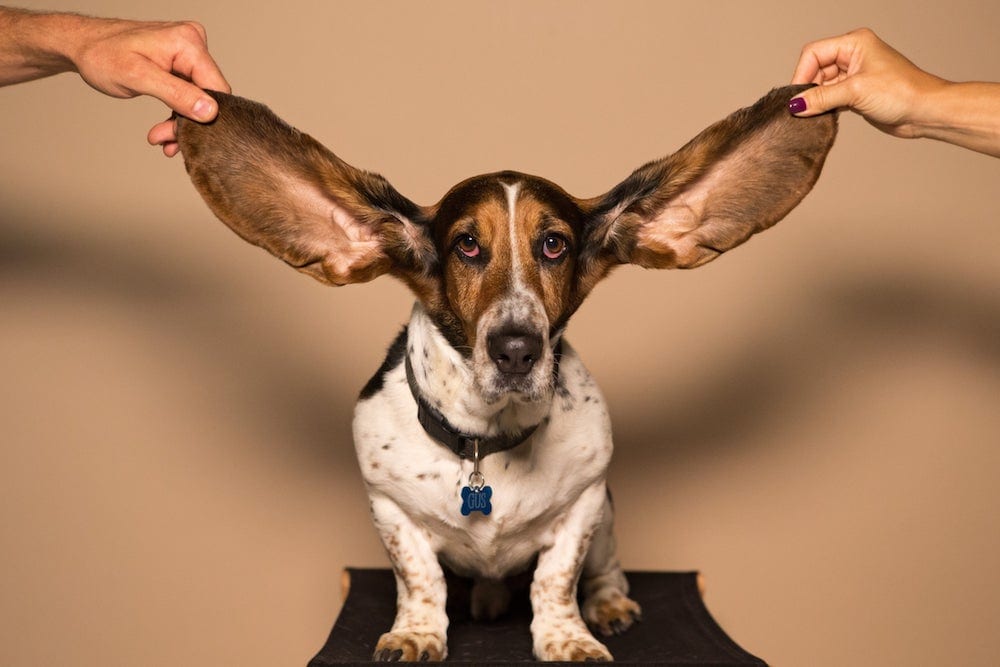
If your dog is constantly itching its ears and paws or rubbing its bum on the ground, it may have an ear or yeast infection. You can usually smell this if you get your nose close to the place they’re itching. If you notice (or smell!) this behaviour in your friend, a visit to the vet to get it checked out is a good idea.
Dogs with long droopy ears, such as Basset Hounds and Beagles, are prone to ear problems, as are dogs with allergies. Washing them regularly with a gentle shampoo, such as Stella’s Blend No. 2 Shampoo and Conditioner and Deodoriser Spray, is a fantastic way to keep things in check.
Anal gland secretion
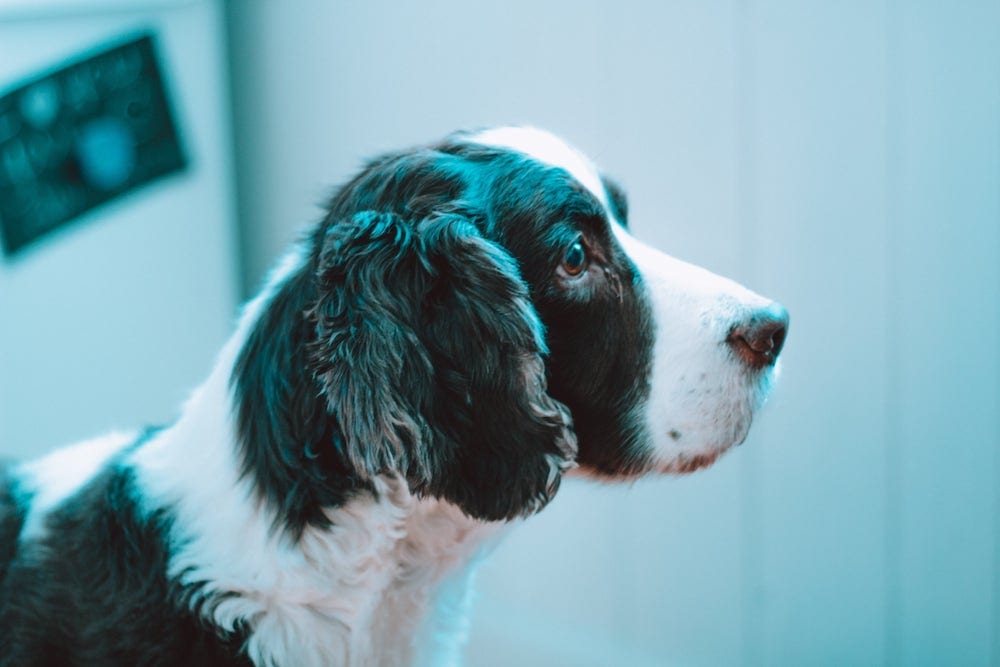
Yes, anal gland secretion. We know even the phrase is almost too revolting to read, but the little sacs on your dog’s anus are full of glands and foul-smelling substances. Normally, your dog will expel a bit of the substance when he or she goes to the bathroom, but if it doesn’t, that smell can become something ungodly.
If your dog is constantly licking its derriere, sliding its bum along the ground to relieve itchiness and generally smelling a bit pongy, it might be time for a trip to the vet. Your vet can squeeze the anal glands and manually express the sacs – and you can be thankful that you don’t have to do it yourself. If left unchecked, anal gland issues can lead to painful – and expensive – abscesses.
